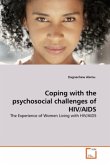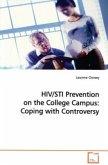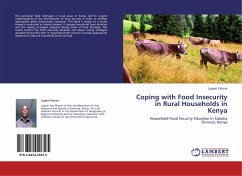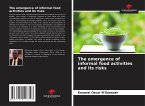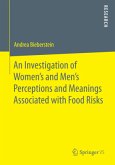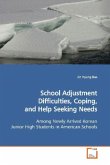The revelation that eating can pose risks makes
consumers rethink the ways they choose and eat
foods. Today market choice becomes more shaped by
references to safety. This book is focused on
concepts of safe and risky food consumption and
consumer trust as a strategy aimed at avoiding food
risks. First, it addresses approaches to trust and
risk within social sciences, as well as maps the
field of sociological understanding of consumer
trust. Further, it presents general institutional
conditions for consumer trust in Russia. It is
followed by a summary description of the food market
and tendencies in food consumption. Finally,
discourses connected to food risks, safety and
consumer trust are explored on the basis of semi-
structured interviews with consumers and food
experts, i.e. representatives of the food market,
state control and consumer organizations. This book
is to be useful to researchers in Sociology and
Marketing fields, or anyone else who is interested
in food safety issues.
consumers rethink the ways they choose and eat
foods. Today market choice becomes more shaped by
references to safety. This book is focused on
concepts of safe and risky food consumption and
consumer trust as a strategy aimed at avoiding food
risks. First, it addresses approaches to trust and
risk within social sciences, as well as maps the
field of sociological understanding of consumer
trust. Further, it presents general institutional
conditions for consumer trust in Russia. It is
followed by a summary description of the food market
and tendencies in food consumption. Finally,
discourses connected to food risks, safety and
consumer trust are explored on the basis of semi-
structured interviews with consumers and food
experts, i.e. representatives of the food market,
state control and consumer organizations. This book
is to be useful to researchers in Sociology and
Marketing fields, or anyone else who is interested
in food safety issues.


